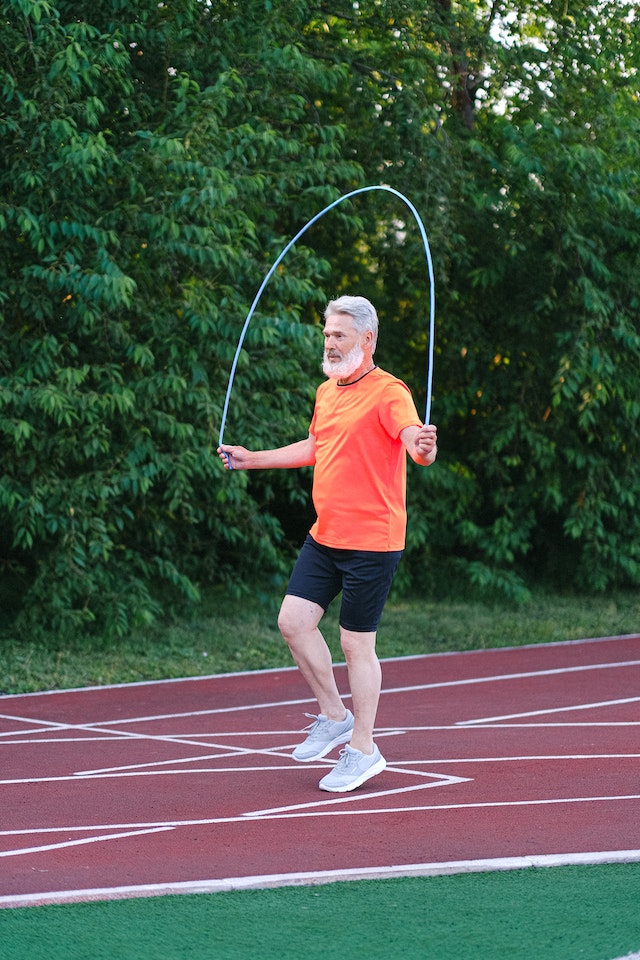As we age, staying mobile and active becomes increasingly important for maintaining overall health and quality of life. Thankfully, scientific research has identified several simple habits that can significantly contribute to keeping us mobile and active well into our golden years. By incorporating these habits into our daily routines, we can enhance our physical capabilities and enjoy a more independent and fulfilling lifestyle.
1. Stay Physically Active: Regular exercise is crucial for maintaining mobility and preserving muscle strength and flexibility. Engaging in activities such as walking, swimming, or cycling can help improve cardiovascular health, enhance joint mobility, and strengthen muscles. The American Heart Association recommends at least 150 minutes of moderate-intensity aerobic activity per week, along with muscle-strengthening activities on two or more days. It’s important to choose activities that you enjoy and that are suitable for your fitness level. Remember, even small increments of physical activity can make a significant difference.
2. Maintain a Balanced Diet: A healthy and balanced diet plays a vital role in supporting mobility and overall well-being. Opt for a diet rich in fruits, vegetables, whole grains, lean proteins, and healthy fats. These nutrient-dense foods provide essential vitamins, minerals, and antioxidants that support bone health, muscle function, and overall vitality. Additionally, it’s crucial to stay adequately hydrated to maintain optimal joint and muscle function. Consult with a healthcare professional or registered dietitian to create a personalized nutrition plan that meets your specific needs.
3. Prioritize Strength and Balance Training: As we age, our balance and strength tend to decline, increasing the risk of falls and mobility limitations. Incorporating strength and balance exercises into your routine can help mitigate these risks. Activities such as weightlifting, resistance training, and yoga can improve muscle strength, enhance stability, and promote better coordination. Additionally, consider practicing exercises specifically designed to improve balance, such as standing on one leg or heel-to-toe walking. It’s advisable to consult with a fitness professional or physical therapist to develop a safe and effective strength and balance training program tailored to your abilities.
Scientific studies have consistently shown the positive impact of these habits on maintaining mobility and independence in older adults. Regular physical activity helps improve cardiovascular health, reduce the risk of chronic diseases, and maintain healthy body weight. A balanced diet provides the necessary nutrients for optimal bone health, muscle function, and overall vitality. Strength and balance training, in turn, contribute to better posture, stability, and fall prevention.
In addition to these habits, it’s essential to prioritize rest and recovery to allow your body to heal and recharge. Getting enough sleep, managing stress, and practicing relaxation techniques can support your overall well-being and contribute to better mobility.
Remember, it’s never too late to start incorporating these habits into your lifestyle. Start with small, achievable goals and gradually increase the intensity and duration of your activities. Seek support from family, friends, or healthcare professionals to stay motivated and accountable. By adopting these simple habits, you can enjoy a more mobile, active, and fulfilling life well into your golden years.




